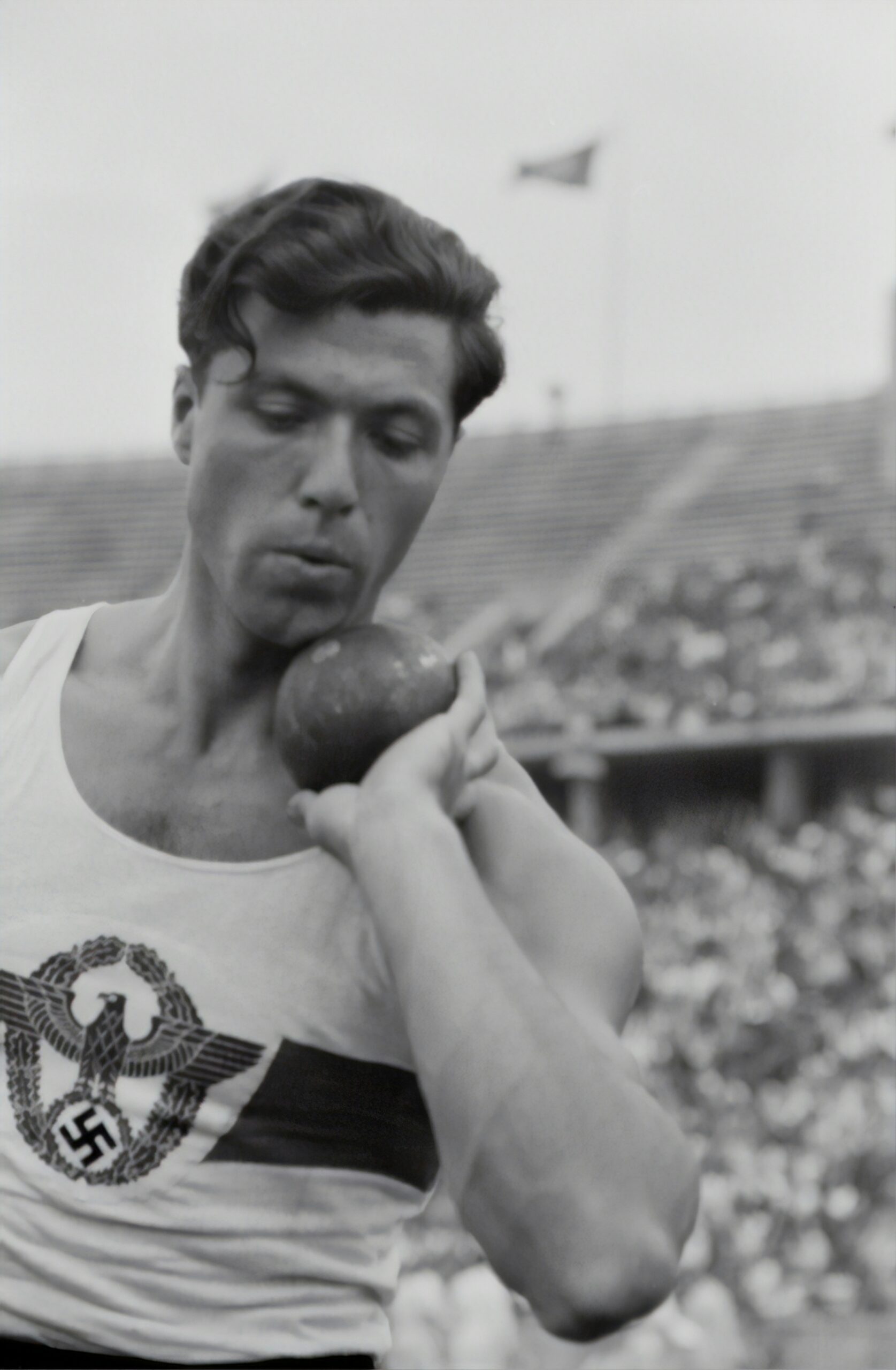Unleash Your Potential: How Mental Fitness Transforms Performance Psychology
There’s a saying in sports: “The game is 90% mental and 10% physical.” This adage has been tossed around locker rooms and training grounds for decades, but what does it really mean? In an age where athletes push the physical limits of what is possible, the mental aspect of performance is often what separates the good from the great. Mental fitness, a relatively new yet rapidly growing field, is becoming a cornerstone of sports psychology, and its influence is reshaping how we understand performance.
The Rise of Mental Fitness
As I reflect on my own experiences in sports—both as a participant and a journalist—it’s striking how often mental toughness has played a crucial role in determining success. I remember the time I interviewed a renowned sports psychologist who worked with Olympic athletes. He shared an insightful story about a sprinter who, despite having the fastest recorded times in training, consistently faltered in competitions. The underlying issue? A lack of mental resilience.
Mental fitness focuses on enhancing an individual’s psychological well-being to optimize performance. It encompasses various skills, including focus, resilience, and emotional regulation. So, what’s driving this shift towards mental fitness in the realm of performance psychology? Well, a few factors come to mind:
- Increased Awareness: Athletes and coaches are increasingly recognizing the importance of mental health and its direct correlation with performance.
- Scientific Research: Studies have shown that mental training can significantly improve performance, prompting organizations to invest in psychological support for their athletes.
- High-Pressure Environments: With the stakes higher than ever, mental fitness is becoming essential for managing stress and anxiety.
Understanding Performance Psychology
Performance psychology is the study of how psychological factors influence performance in sports and other competitive fields. It’s a fascinating area that blends elements of psychology, physiology, and even sociology. At its core, it delves into how athletes can harness their mental state to enhance their physical capabilities. Imagine a football player standing on the field, the crowd roaring, the pressure mounting. Now, imagine that same player tapping into a reservoir of mental training, focusing on the task at hand rather than the distractions surrounding them. That’s performance psychology in action.
Key Components of Performance Psychology
To grasp the full impact of mental fitness on performance psychology, it’s helpful to break down its key components:
- Focus: The ability to concentrate on the task without being sidetracked by external influences or internal doubts.
- Confidence: A strong belief in one’s abilities can often be the difference between winning and losing.
- Motivation: Understanding what drives an athlete can help tailor training and goal-setting strategies.
- Resilience: The capacity to bounce back from setbacks and maintain performance under pressure.
Mental Fitness Techniques
So, how do we cultivate this mental fitness? There’s no one-size-fits-all approach, but a variety of techniques have been developed to help athletes enhance their mental game. Some of these have roots in traditional sports psychology, while others take inspiration from mindfulness and cognitive behavioral therapy. Here are a few popular methods:
Visualization
Visualization is a powerful tool used by top athletes. It involves creating mental images of success, which can boost confidence and prepare the mind for competition. I once chatted with a gymnast who swore by this method. Before every routine, she would picture herself executing each move flawlessly, and it worked wonders for her performance. The brain doesn’t always distinguish between real and imagined experiences, making this technique incredibly effective.
Mindfulness and Meditation
Mindfulness practices, including meditation, have gained significant traction in the sports world. These techniques help athletes stay present, manage anxiety, and cultivate a calm mind. A tennis player I interviewed mentioned how incorporating meditation into his routine helped him regain focus during matches. Instead of letting frustration spiral out of control after a missed shot, he learned to breathe, center himself, and refocus.
Positive Self-Talk
Words have power—especially the ones we say to ourselves. Positive self-talk can combat negative thoughts that creep in during high-pressure moments. Athletes are encouraged to replace self-doubt with affirmations. “I am strong, I am prepared, I can do this.” It sounds simple, but the impact of shifting one’s internal dialogue can be profound.
The Impact of Mental Fitness on Performance
Now that we’ve explored the techniques, let’s discuss the tangible impact of mental fitness on performance. There’s a multitude of studies that point to the benefits of mental fitness. For instance, research indicates that athletes who engage in mental training alongside physical training tend to outperform their peers who do not. But let’s not get lost in the statistics—personal accounts often tell the most compelling stories.
Take the example of a professional marathon runner who struggled with anxiety before races. After diligently working on her mental fitness, she not only improved her race times but also found joy in the process. Her story resonated with many in the running community, illustrating that mental fitness isn’t just about winning; it’s about fostering a healthier relationship with sport.
Real-World Examples
Let’s look at a few prominent athletes who embody the principles of mental fitness:
- Michael Phelps: The legendary swimmer has openly discussed his battles with mental health, emphasizing the importance of mental fitness in his training regimen. His approach to visualization and mindfulness has contributed significantly to his success.
- Serena Williams: Known for her fierce competitiveness, Williams also prioritizes mental fitness. She’s been vocal about the power of positive self-talk and mental resilience throughout her career.
- Simone Biles: During the Tokyo Olympics, Biles made headlines for prioritizing her mental health over competition. Her decision to step back highlighted the importance of mental fitness in ensuring long-term performance and well-being.
The Science Behind Mental Fitness
For those of us who appreciate a bit of science (and let’s be honest, who doesn’t love a good study?), the foundation of mental fitness is being explored more thoroughly than ever before. Research in neuroscience has shown that mental training can alter brain pathways, leading to improved performance. Neuroplasticity, the brain’s ability to reorganize itself by forming new neural connections, plays a crucial role here.
Studies have demonstrated that athletes who engage in mental training can experience changes in brain activity associated with improved focus and reduced anxiety. It’s fascinating to think that just by training the mind, athletes can enhance their physical abilities.
Building a Mental Fitness Routine
Creating a mental fitness routine is like crafting a training program for physical fitness—it’s all about consistency and finding what works best for you. Below are some tips to help you get started:
- Set Clear Goals: Just as you would for physical training, establish what you want to achieve with your mental fitness.
- Incorporate Techniques Gradually: Start with one or two techniques, like visualization and positive self-talk, and gradually build your routine.
- Practice Regularly: Mental fitness is a skill that requires regular practice. Dedicate time each day to work on your mental game.
- Reflect on Progress: Keep a journal to track your mental fitness journey. Reflect on what techniques resonate with you and how they impact your performance.
The Future of Mental Fitness in Sports
As we look to the future, it’s clear that mental fitness is not just a trend—it’s becoming an integral part of athletic training programs. Major sports organizations are increasingly investing in psychological resources for their athletes. I can’t help but think back to the days when mental fitness was brushed aside. It’s heartening to see such a shift towards prioritizing mental health.
Moreover, as the stigma surrounding mental health continues to diminish, we can expect even more athletes to embrace the value of mental fitness. Coaches are being trained to recognize the signs of mental fatigue and burnout, leading to a more holistic approach to athlete well-being.
A Personal Reflection
Reflecting on my own experiences, I can’t help but marvel at how the landscape of sports has evolved. I remember attending a local basketball game where the coach encouraged players to practice mindfulness techniques during timeouts. The transformation in the players’ focus was palpable—what a difference mental fitness can make!
Conclusion: Unlocking Your Potential
In conclusion, the world of sports is changing, and mental fitness is at the forefront of this evolution. It’s about more than just winning medals or breaking records; it’s about unlocking potential and fostering a healthy mindset that can withstand the pressures of competition.
As we embrace this new understanding of performance psychology, let us remember that mental fitness is a journey, not a destination. Much like physical training, it requires dedication, patience, and a willingness to adapt. Whether you’re an elite athlete or a weekend warrior, investing in your mental fitness can lead to remarkable transformations in your performance—and perhaps even your life.
So, the next time you lace up your sneakers or step onto the field, consider the mental game that’s just as vital as the physical one. After all, unleashing your potential starts from within.




